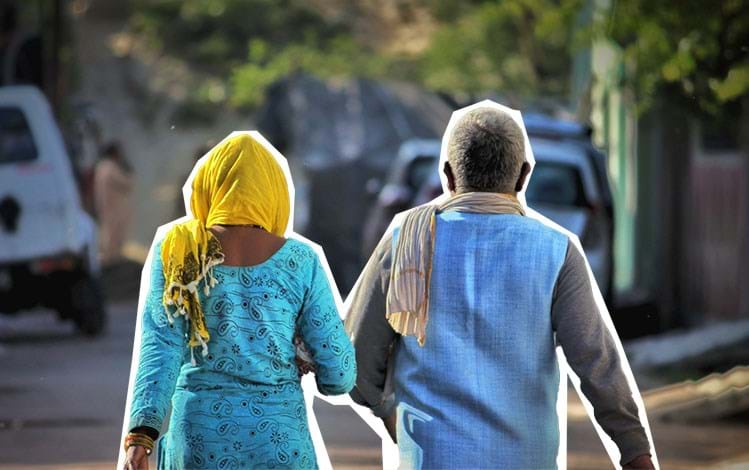
Marking a New Era of Multi-sectoral Partnerships
The crisis emerging from the COVID-19 pandemic exposed the flaws and glaring inequalities in our society, highlighting the importance of systematic collaborations to effectively handle issues. As the country eased restrictions, the calls to not go back to normal were also heard. What lies ahead of us is unknown, but the more significant the collaboration, the easier it will bridge the gaps to carve out solutions.
Challenges during the pandemic
There was a minority who had the opportunity to work from home. In contrast, most of the population had to risk their health to ensure they had food on the table. The pandemic's socio-economic impact was felt even more by sections of the society: women who make up most of the essential workforce and are more likely to do unpaid domestic and care work. Similarly, without access to online education, school closures adversely impacted children's education in rural and urban India.
Stakeholders came together
The development sector led with resilient partnerships with other stakeholders, delivering the much-needed response through their networks. During the pandemic, collaboration has been essential in addressing the rising social tensions. In collaboration with local authorities, the NGOs provided food, medicine and hygiene kits to the marginalised population and advocated for their social protection and livelihood. Furthermore, with the support of private partner organisations, the sector helped spread authentic information related to COVID-19 amongst the vulnerable population and supported them during the time of crisis. Government and the private sector continued to support the NGOs by ensuring that special focus communities' needs were met.
‘At field-level, collaborative work took place with the panchayats and the district government. At a strategic level, they worked with private sector partners. Therefore, interventions to mitigate the effects of COVID-19 were implemented in close collaboration with the local government authorities, the district administration, and the private sector. We further implemented all the activities with prior permission from the district administration and support from the Panchayati Raj Institutions. The interventions also developed the capacities of specific rural committees so the children would know where to go for help. Their capabilities were developed by working with community-based structures like youth groups, mothers' groups, child protection committees, and local authorities.’ said Neelam Makhijani, CEO of ChildFund India.
Shared commitment for better development outcomes
As advocates of humanitarian interests, civil society organisations, the government and the private sector put people before everything else. When one looks at it in-depth, we see that the crisis has catalysed prioritising issues, providing immediate solutions and sustained improvement, and building shared commitment to bring substantial change in the current socio-economic outcomes.
Learn more in our report Development Sector: Adapting to the New Ecosystem in the COVID-19 Era.


